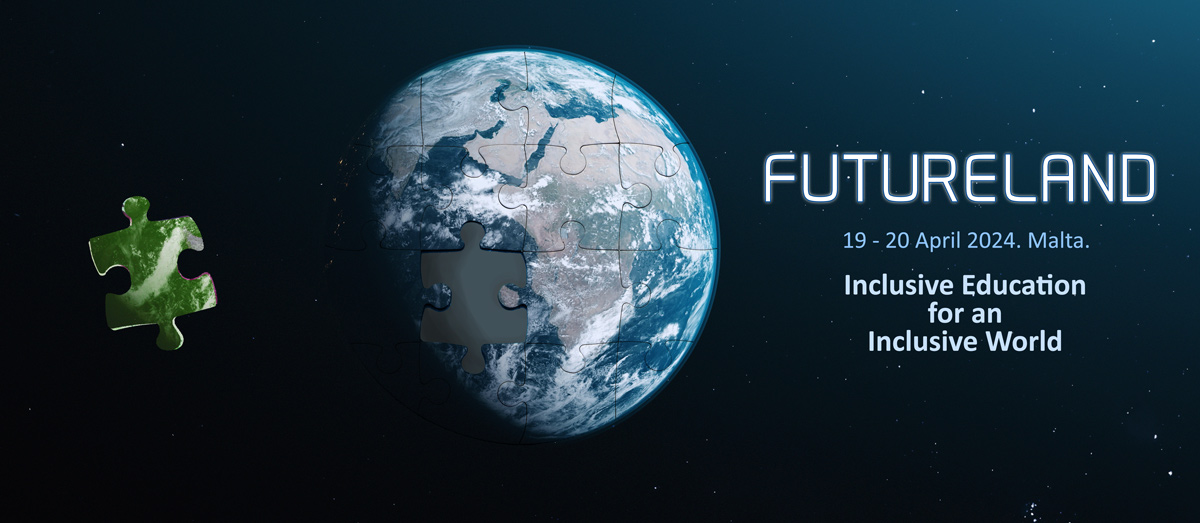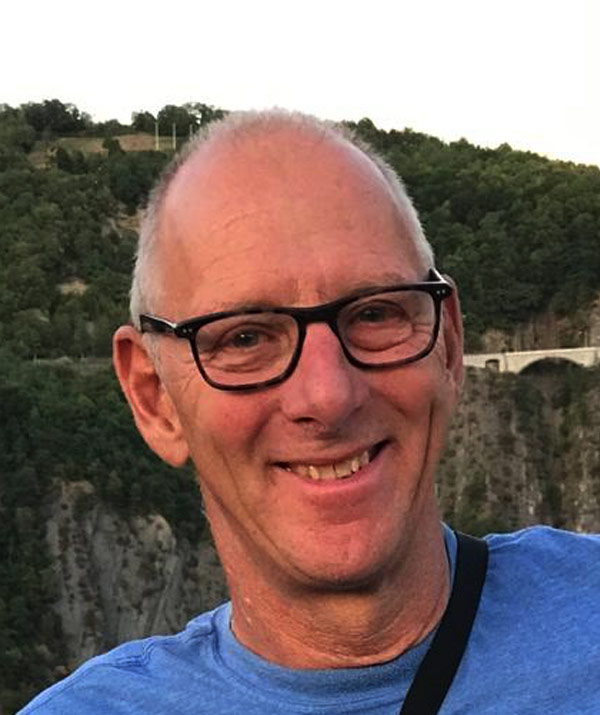Frank de Jong is a professor at the Open University with the research assignment ‘Responsive learning as knowledge construction. Creating knowledge, ‘knowledge building’, collectively developing ideas in relation to current social issues. He is also a professor at the Aeres University of Applied Sciences Wageningen and ‘academic director’ of the MEd Master Learning and Innovation for vocational education and business. His professorship concerns ‘Knowledge building and ecologically intelligent thinking’. Frank is a learning and experimental psychologist and obtained his PhD on the topic of ‘independent learning.’ Worked at various universities (TUE, RadBoud, WUR), National Training Institute Police and Dutch Railways (NS Opleidingen) training.
Co-creation of Knowledge as Pedagogy for a Better World
Presentation
Community-oriented cultures place a strong emphasis on the well-being of the community as a whole and the interconnectedness of its members. In contrast, Western individual-oriented cultures value individual autonomy, self-expression and self-reliance, and individual performance. Community-oriented cultures tend to attribute performance as a collective effort contributing to the good of the community. Whereas Western individual-oriented cultures extol individual achievement if what is good for the individual is also good for the community. The individual successes are seen and praised as individual effort. However, there is no top-sporter, manager, leader, or student who reach success without the supporting people, teachers, workers, and citizens around them.
The interactions between community-oriented cultures and Western individual-oriented cultures might help us to come to education e.g., a pedagogical approach supporting the development of our children’s competence to deal with the challenges facing today’s global society. Who does not know the proverb ‘it takes a village to raise a child’, it also takes a team, organization etc. to perform as a top sporter, manager, teacher, or entrepreneur. Education needs to orient, appreciated, and reward the strength of ‘learning together’, of co-creating knowledge
Knowledge is not created by de reasoning of an individual. Knowledge is built on the legacy of what is known by interacting with reality and going in dialogue with ourselves and others in the search for meaning and sense. It is a matter of everybody. Socrates already researched ideas in public and with interlocutors strip them of opinions, and biases and penetrate to the deeper meaning of the phenomena and beings as they present themselves to us and can be seen, heard, touched, tasted, and smelled. Learners are spectators but at the same time also part of what appears. Being and appearing to coincide, and the dualism between subject and object is transcended. We are not only a being-in-the-world we are part-of-the-world by birth as a link of a time continuum. Hannah Ardent sees this natality not as reproduction but as the birth of a new beginning, the possibility of the future being different from the past. It is the newcomer’s amazement about why we do as we do and wondering why not otherwise.
Education for Futureland needs a pedagogy that gives space for this natality to find out the potential of this stream of new voices and perspectives. Most of the current education can be characterized as mastery of existing perspectives, and meanings e.g., knowledge of how previous generations understood the world with implicit old-world views.
Futureland education needs a pedagogy of collective knowledge creation. The knowledge-creation process is not rooted in the completion of learning tasks, but in a dialogical and interactive activity with the world. The co-creative knowledge building is an inter-mental process, in which new insights emerge from a dialogue that contains multiple (multivocal and newcomers) perspectives. The dialogue concerns ‘interactivity with the world’ as the place of knowledge development that centres on ‘interactively-active’ students and their ‘natality’ perspective as the sole knowledge-generating factor.
INCLUSION2 Knowledge Co-Creation
Workshop
Co-presenting with Rik Vanderhauwaert
Futureland asks to imagine a better world and proposes educational ways to achieve it. INCLUSION2 Erasmus+ project aims to contribute to a more inclusive world e.g. besides cultural diversity, physical, and mental disadvantages, etc. also nature inclusiveness. The project supports the design of inclusive education in teacher professional learning communities through processes of co-creation. Co-creation means building new perspectives together, improving ideas, or developing new ideas or solutions and products related to dilemmas or problems that a community faces in making education more inclusive (De Jong, 2021).
In co-creative conversation teachers as, knowledge builders, transcend trivialities, oversimplifications and move beyond current (best) practices'” (Scardamalia & Bereiter, 2010, p. 10; Scardamalia, 2002, p. 79). This synthesizing leads to a “new” conceptual artifact, e.g., insight, perspective to go out and thereby enrich the working or school community. Thus, co-creation is distinct from debate and discussion and, from cooperative learning and learning together in and group or team. In the latter, it is much more about the knowledge applying or re-construction existing knowledge than about creating or building new insights, solutions, and so on.
The INCLUSION 2 co-creation design processes aim to create learning environments for students that are more ‘inclusive’ to foster education more sustainably by teachers in Malta, Ireland, Belgium, and the Netherlands. It is supported by a Frame of Thinking (FOT) and Building Blocks. Both are products that are developed within the project. So, the project process stimulates sustainable collaboration with teachers internationally for more inclusive education.
The FoT gives direction for how teachers can co-create creative curricula and lessons. It provides guidelines on how to support and design this type of working and thinking. It is hoped that this leads to diverse didactic methods. The FoT consists of guiding principles that can be used in diverse contexts and learning organizations for practitioners to change mindsets and practice through actively co-creating within a professional learning community becoming creative to design inclusive lessons and curricula. The FoT guides the support of e-environment tools, facilitators, and practical anchors which reflect the principles, and constructive actions for the creative co-creating knowledge-building process.
Building blocks are evidence-informed and tested materials to work bottom-up on inclusive schools for a sustainable future. They are constructed in line with the developed FOT. It includes examples of good practice, ideas for pedagogical practice that support a greater focus on student engagement, and more inclusive schools for a sustainable future. It supports creative working in partnerships with students and teachers to realize bottom-up inclusive schools for a sustainable future.
In this workshop, you will experience a SPRINT to understand INCLUSION2‘s key goals, activities, and methods. You come up with your own ideas you want to work on. Together you build on the design issue you selected as a group. In small groups, together you propose improvements or promising solutions to the design issue; explore obstacles and activities to plan to realize the improvements; you ‘rise above’ the initial ideas and share recommendations with the other groups.


